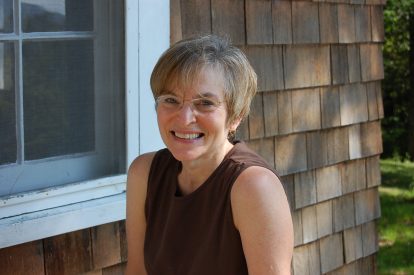Judith W. Page received her PhD. in English from the University of Chicago and joined the UF faculty in 2000, after serving as Chair of the English Department, founder of the program in Women’s Studies, and Associate Dean of Arts and Letters at Millsaps College. From 2009-2014 she served as Director of UF’s Center for Gender, Sexualities, and Women’s Studies Research. Professor Page taught courses in Romanticism and British women writers of the eighteenth and nineteenth centuries, in addition to a course on Roman and British gardens team-taught with Victoria Pagán (UF Classics). She was named a Neikirk Term Professor in 2010, received the 2012 Outstanding Faculty Award from Florida Blue Key, and in 2013 she was named a Distinguished Teaching Scholar.
Professor Page received numerous grants and fellowships for her teaching and research. These include a Skirball Fellowship from the Oxford Centre for Hebrew and Jewish Studies, a fellowship from the Chawton House Library in the UK, grants from the National Endowment for the Humanities, a Posen Grant for Course Development in Jewish Studies, a Summer Institute fellowship for Women in Higher Education at Bryn Mawr, among others.
Professor Page’s books include Women, Literature, and the Arts of the Countryside in Early Twentieth-Century England (with Elise L. Smith, 2020), from Cambridge University Press; Disciples of Flora: Gardens in History and Culture (edited with Victoria Pagán and Brigitte Weltman-Aron, 2015); Women, Literature, and the Domesticated Landscape: England’s Disciples of Flora, 1780-1870 (co-authored with Elise Smith, 2011); Imperfect Sympathies: Jews and Judaism in Romantic Literature and Culture (2004); and Wordsworth and the Cultivation of Women (1994). Page is also the author of numerous articles and reviews in such journals as Philological Quarterly, Criticism, Journal of English and Germanic Philology, and Women’s Writing. Her forthcoming book will extend her work on women and gardens into the twentieth century, and will include work on such figures as Beatrix Potter and Vita Sackville-West.
